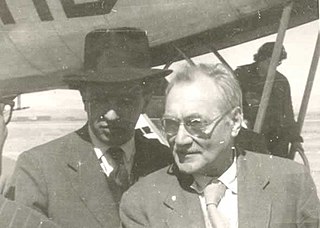A Quote by Ludwig Wittgenstein
Philosophy may in no way interfere with the actual use of language; it can in the end only describe it.
Quote Topics
Related Quotes
There is a narrow class of uses of language where you intend to communicate. Communication refers to an effort to get people to understand what one means. And that, certainly, is one use of language and a social use of it. But I don't think it is the only social use of language. Nor are social uses the only uses of language.
I believe that we must use language. If it is used in a feminist perspective, with a feminist sensibility, language will find itself changed in a feminist manner. It will nonetheless be the language. You can't not use this universal instrument; you can't create an artificial language, in my opinion. But naturally, each writer must use it in his/her own way.
Being a slow reader would normally be a deficiency; I found a way to make it an asset. I began to sound words and see all those qualities - in a way it made words more precious to me. Since so much of what happens in the world between human beings has to do with the inconsideration of language, with the imprecision of language, with language leaving our mouths unmediated, one thing which was sensuous and visceral led to, in the use of language, a moral gesture. It was about trying to use language to both exemplify and articulate what good is.
This word "description" may be disconcerting when used to refer to what is generally called a translation. But when one wishes to render a verbal creation (as opposed to a didactic statement) from one language to another, he is confronted with two equally unsatisfactory choices. He may, according to his talents, elaborate a similar, but never identical creation, or he may describe that creation as completely as possible in his own language.
The epithet beautiful is used by surgeons to describe operations which their patients describe as ghastly, by physicists to describe methods of measurement which leave sentimentalists cold, by lawyers to describe cases which ruin all the parties to them, and by lovers to describe the objects of their infatuation, however unattractive they may appear to the unaffected spectators.









































